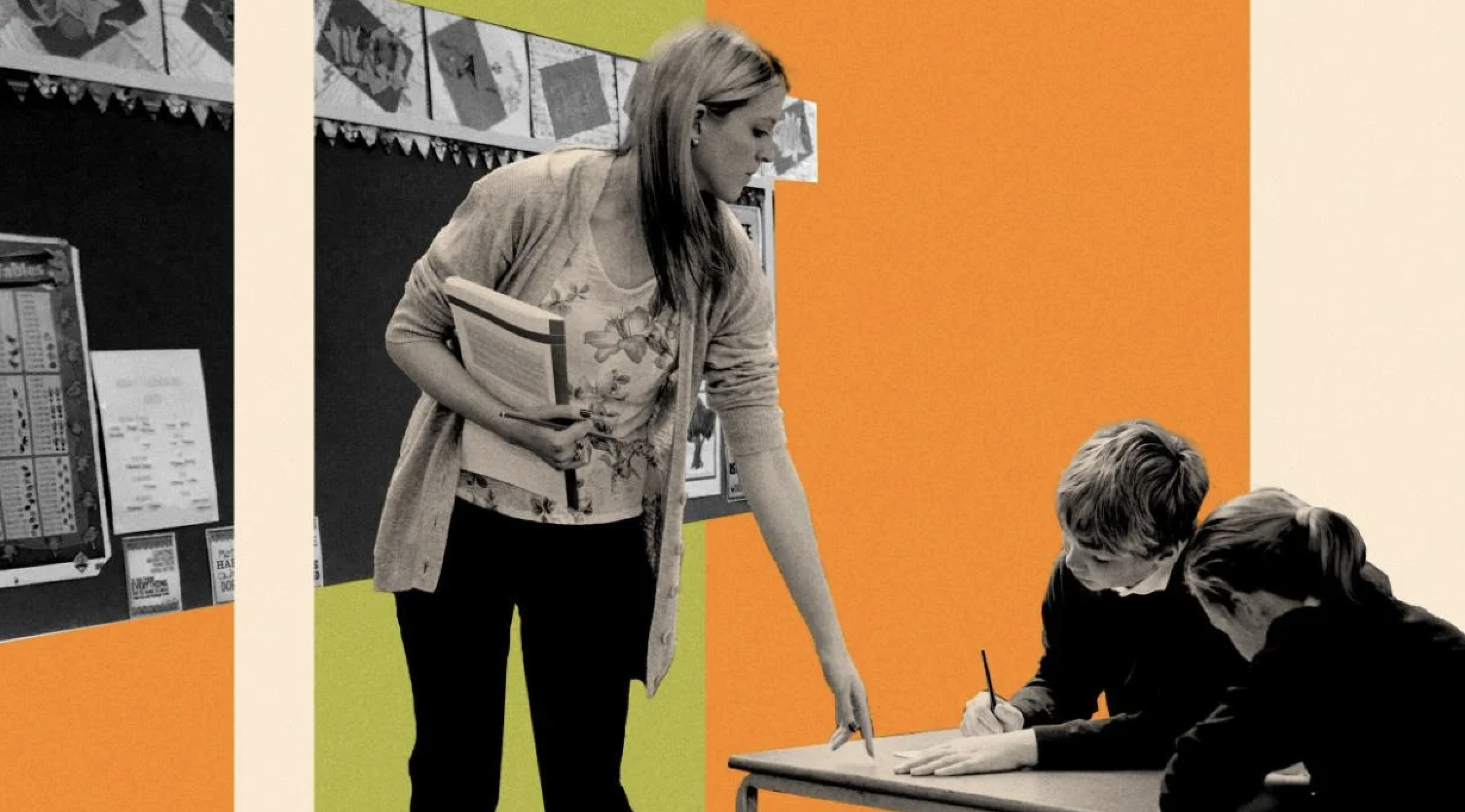No products in the cart.

Closing the gap between education policy and the classroom
Dr Sarah Aiono is the chief executive of Longworth Education, a consultancy specialising in supporting schools teaching learning through play.
OPINION: Following the election last year, education found itself at the top of the list when it came to quick changes.
The headline items the new Government announced included a ban on cell phones in schools, changes to relationship and sexuality guidelines, the reintroduction of charter schools, and changes to the history curriculum.
The “poster child” for these changes was the introduction from the start of 2024 of a compulsory one hour of reading, writing, and maths tutelage in primary and intermediate schools every day.
The changes were introduced as part of the coalition’s core education policies to be implemented as part of their 100-day plan.
Unsurprisingly, the plans were greeted with horror in many sections of the community and with glee in other areas.
Now the dust has settled we can see that the Government’s commitment to making changes in these core subjects has remained steadfast but also that the idea that children are going to be sat down for an hour every day and have “reading, writing and arithmetic” drummed into them does not necessarily reflect the policy as it has been announced.
Encouragingly, the new policies as announced on the Tāhūrangi – New Zealand Curriculum website make it clear that teachers will still be able to draw on a range of approaches to ensure quality literacy and numeracy instruction.
There is significant room for a variety of teaching approaches, including structured literacy and play-based pedagogy.
In a sector under constant pressure from a raft of changes and a scarcity of resources, the success of the Government’s policies will to a large extent be determined by the level of support the Government offers to schools to translate policy into practice.
There is already some evidence of knee-jerk reactions from principals who have begun implementing change to classroom practice before the policy details have even been announced.
For the benefit of students and schools it is important that schools take the time to fully understand the changes being proposed and the range of possible steps they are able to take to comply with the guidelines to ensure the best possible outcome for pupils.
Like any changes to education, success is most likely when all participants are engaged and creative about how they approach the learning situation with which they are faced. When this happens, benefits flow down the chain, reflected in better learning outcomes, improved teaching practices, and increased attendance outcomes. In short, kids want to come to school.
There is potential to reduce behaviour management issues and an improved school environment flowing into a more settled home life after school. There is also potential to more adequately support gifted learners in their growth and development.
Above all, it’s important to realise that the New Zealand education system is not an irreparably broken, dysfunctional system.
Many of our teaching programmes reflect world-leading practice. New Zealand teachers are sought after internationally as innovative and responsive practitioners.
The assessment practice of “narrative assessment” (using Notice, Recognise and Respond) originated in New Zealand and is being promoted internationally as an innovative method of assessment of learning. Scottish educational reforms have reviewed Te Whāriki and identified it as a model to follow during their reform process.
My own organisation Longworth Education has been sought out to provide guidance in the application of play-based pedagogy in places as diverse as Canada and India because we are seen as leaders in our field.
It’s incumbent on everyone in the education sector to understand the thrust of the changes being proposed and to work as best we can for the benefit of those that matter – our children. We need to close the gap in terms of understanding for the benefit of all parties involved.


